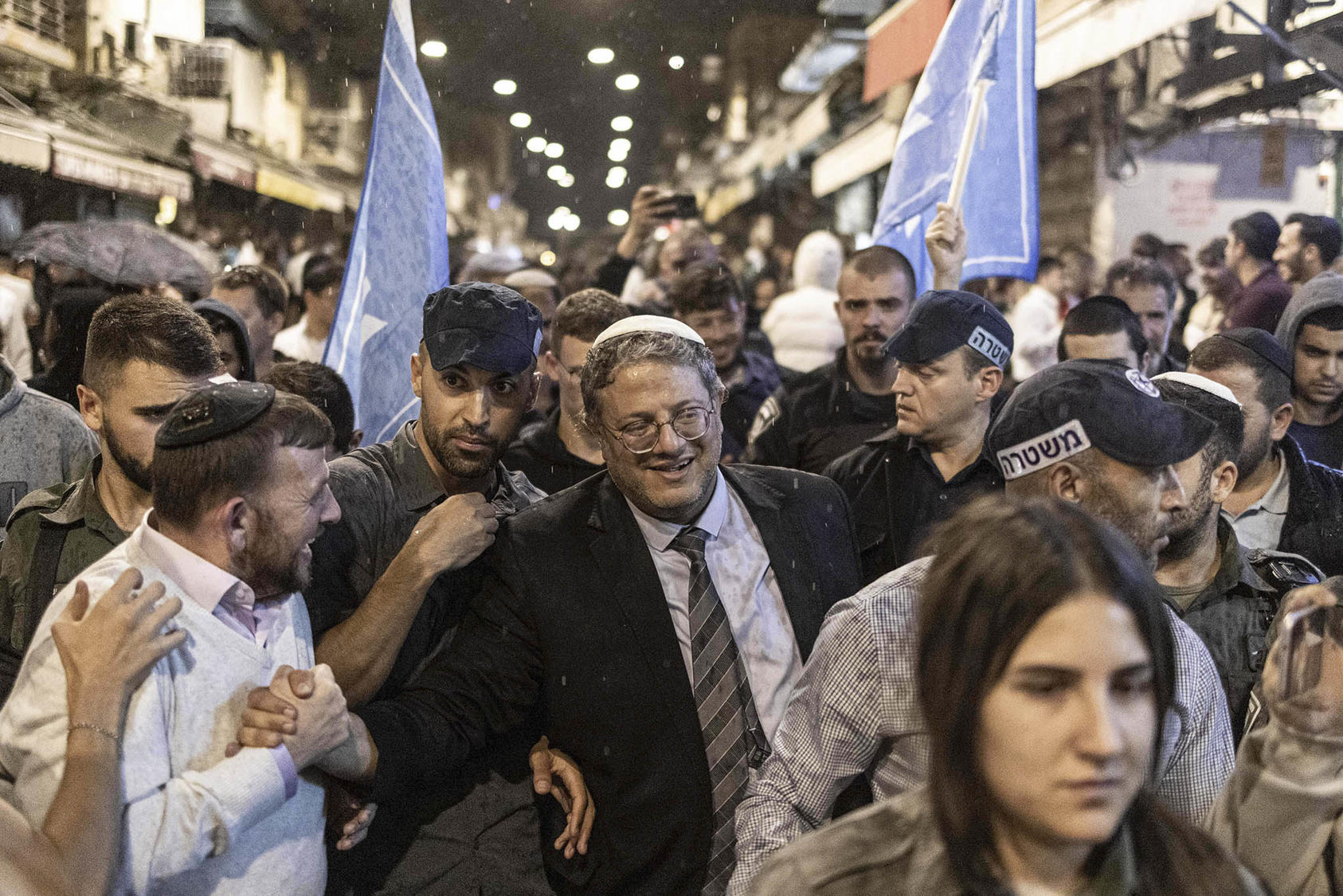Historical Context: Iranian Israeli

The relationship between Iran and Israel has been marked by deep mistrust and hostility for decades. This complex dynamic has been shaped by a confluence of historical, religious, and political factors, leading to a situation where the two countries have been locked in a state of perpetual conflict.
Early Interactions and the Rise of Zionism
The early interactions between Iran and the Jewish community in Persia were relatively peaceful. Jewish communities thrived in Persia for centuries, playing a significant role in trade and cultural exchange. However, the emergence of Zionism in the late 19th century, which advocated for the establishment of a Jewish state in Palestine, began to sow the seeds of discord.
Political and Ideological Differences

Iran and Israel, two nations in the Middle East, are deeply divided by their political systems, ideologies, and historical grievances. These differences have fueled a long-standing conflict and continue to shape the regional landscape.
Political Systems
The political systems of Iran and Israel are starkly different. Iran is an Islamic republic, where religious leaders hold significant power and influence. The Supreme Leader, currently Ayatollah Ali Khamenei, is the highest authority in the country, and he appoints the President, who is the head of state. The Iranian Parliament, known as the Majlis, is elected by the people but operates within the framework of Islamic law. Israel, on the other hand, is a parliamentary democracy with a multi-party system. The Prime Minister is the head of government, and the President is primarily a ceremonial figure. The Israeli Parliament, the Knesset, is elected by the people and plays a central role in shaping the country’s policies.
Ideologies, Iranian israeli
Iran’s dominant ideology is Shia Islam, which emphasizes the role of religious leaders in society and the pursuit of Islamic justice. The Iranian government promotes an Islamic worldview that seeks to establish a global Islamic order and opposes Western influence. Israel, in contrast, is a secular state with a Jewish majority. The Zionist movement, which advocated for the creation of a Jewish homeland in Palestine, has been a defining force in Israel’s history. Israel’s ideology emphasizes the importance of Jewish self-determination and security, and it has faced criticism for its treatment of Palestinians.
Impact of Differences
The deep ideological and political differences between Iran and Israel have contributed to a long-standing conflict between the two countries. Iran has been a vocal critic of Israel’s policies, particularly its treatment of Palestinians, and has supported Palestinian resistance groups. Israel, in turn, has viewed Iran as a major threat to its security and has carried out covert operations against Iran’s nuclear program. The ongoing conflict between Iran and Israel has implications for regional stability and has fueled tensions in the Middle East.
Iranian israeli – The complex relationship between Iran and Israel has been a source of tension for decades, with both countries playing a significant role in regional politics. This complex geopolitical landscape has often been compared to the dynamic of public figures like Gwen Walz , whose transition from First Lady to a more prominent public figure has brought its own set of challenges and opportunities.
The Iranian-Israeli dynamic, much like the evolving role of Gwen Walz, continues to be a subject of intense scrutiny and debate.
The relationship between Iran and Israel has long been a source of tension, with both countries viewing each other as adversaries. This complex dynamic is often reflected in cultural exchanges, including the popularity of nostalgic items like the McDonald’s Collectors Meal , which have become symbols of a shared past and a reminder of the changing global landscape.
